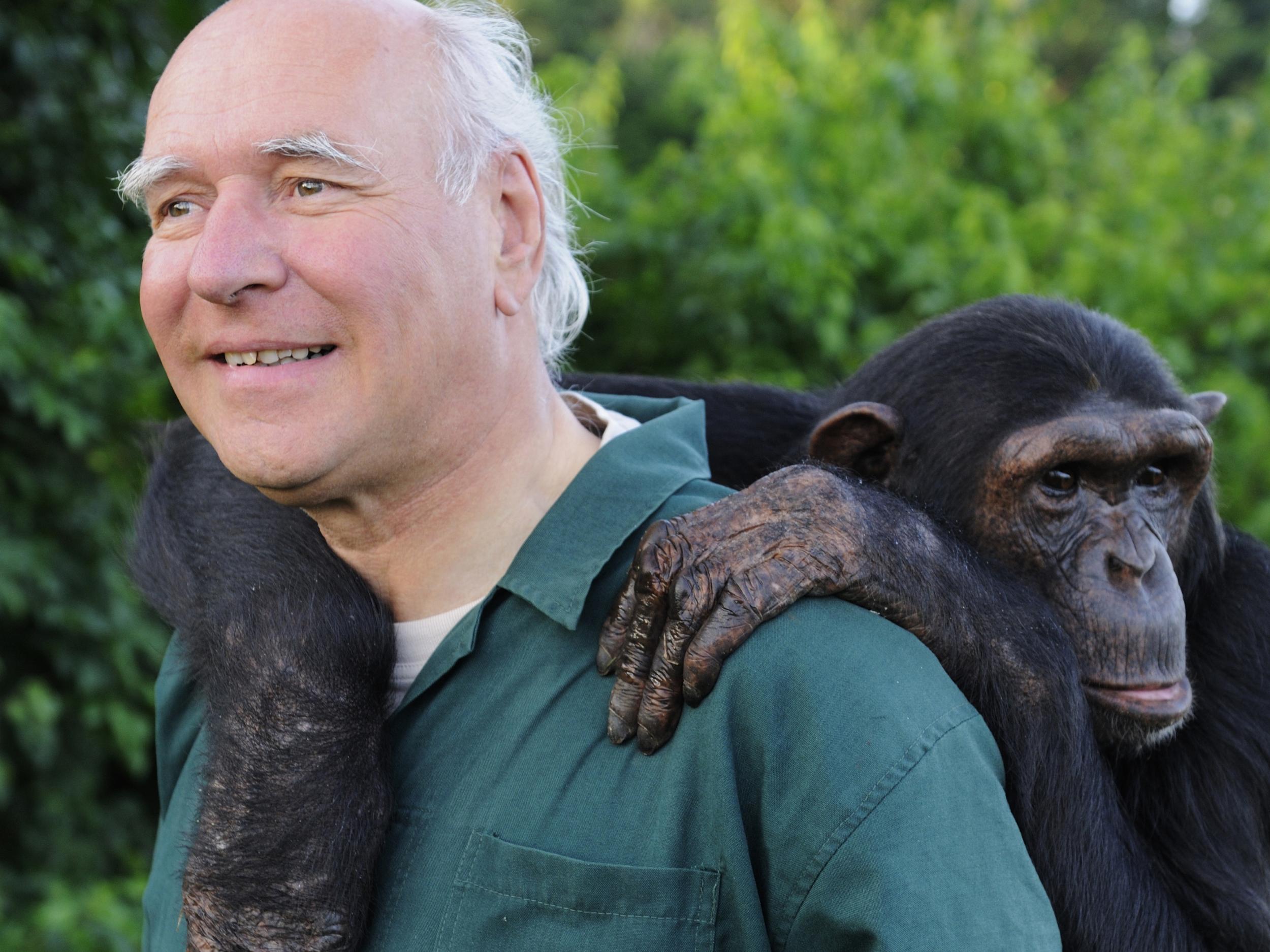High levels of ‘happy hormone’ in human brains could be cause of our intelligence
Production of reward chemical dopamine is one of the key factors distinguishing our brains from those of other primates

Your support helps us to tell the story
From reproductive rights to climate change to Big Tech, The Independent is on the ground when the story is developing. Whether it's investigating the financials of Elon Musk's pro-Trump PAC or producing our latest documentary, 'The A Word', which shines a light on the American women fighting for reproductive rights, we know how important it is to parse out the facts from the messaging.
At such a critical moment in US history, we need reporters on the ground. Your donation allows us to keep sending journalists to speak to both sides of the story.
The Independent is trusted by Americans across the entire political spectrum. And unlike many other quality news outlets, we choose not to lock Americans out of our reporting and analysis with paywalls. We believe quality journalism should be available to everyone, paid for by those who can afford it.
Your support makes all the difference.Large amounts of the ‘happy hormone’ dopamine – responsible for pleasurable feelings, as well as other functions – could be responsible for our brain power, a new study has found.
Scientists came to the conclusion after comparing the brains of different primate species, which allowed them to identify the features that could make the human brain special.
On the face of it, human and primate brains have many similarities, but our superior intelligence suggests there are considerable differences under the surface.
"Our brains are three times larger, have many more cells and therefore more processing power than chimpanzee or monkey," said Yale neuroscientist Dr Andre Sousa.
But he added that a difference in size is not all that distinguishes our brains from those of our primate cousins.
"There are also distinct small differences between the species in how individual cells function and form connections," he said.
It is these that may play a big role in the disparity in intelligence between humans and primates, according to the new study co-authored by Dr Sousa and published in the Science journal.
Dr Sousa and his large team of collaborators focused 16 regions of adult human, chimpanzee and macaque monkey brains.
They explored the activity of genes found in those regions, looking at which genes were switched on and off in the different species, and the extent to which they produced substances like dopamine.
For the most part, the differences between other primates and us appeared to be subtle, but they were notable in an area that is far more developed in humans than apes called the neocortex.
The scientists found that TH, a gene that leads to the production of dopamine, was expressed in the human neocortex but not that of other primates.
Besides being involved in the brain’s reward system, dopamine is involved in a variety of other functions including movement, learning and memory. It is the chemical that is depleted in people with Parkinson’s disease, a progressive neurological condition characterised by shaking, slow movements and memory problems.
The brain area that showed the most human-specific gene expression – including dopamine production – was the striatum, a region that is mainly associated with movement.
The study also showed that the prefrontal cortex, the part of the brain that traditionally is thought to most distinguish humans from other apes, actually bore striking similarities with comparable regions in the brains of other primates.
The scientists are not yet sure the extent to which their findings, including the elevated levels of dopamine, explain the relative intelligence of humans.
However, their findings indicate the importance of a nuanced understanding of brains that goes beyond size when assessing the underpinnings of intelligence.
Join our commenting forum
Join thought-provoking conversations, follow other Independent readers and see their replies
Comments